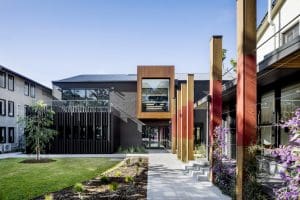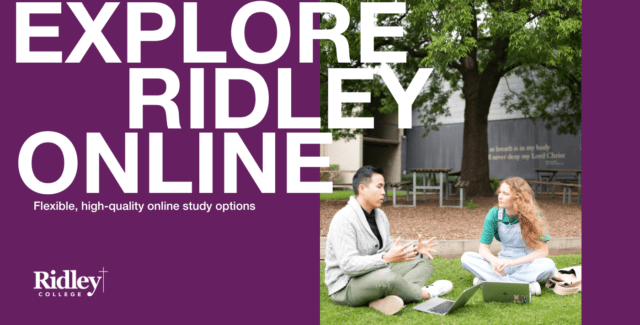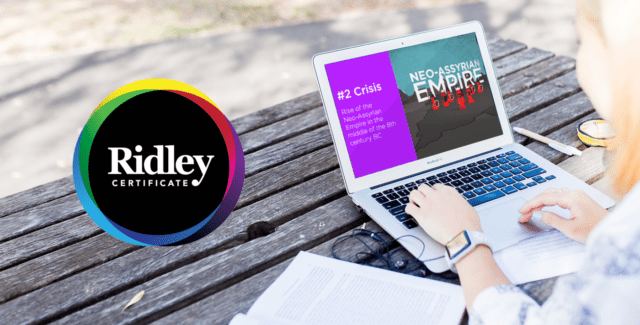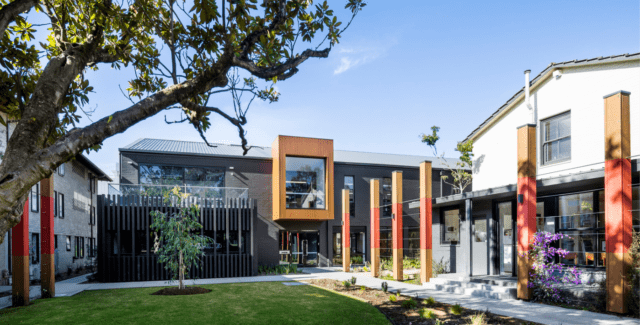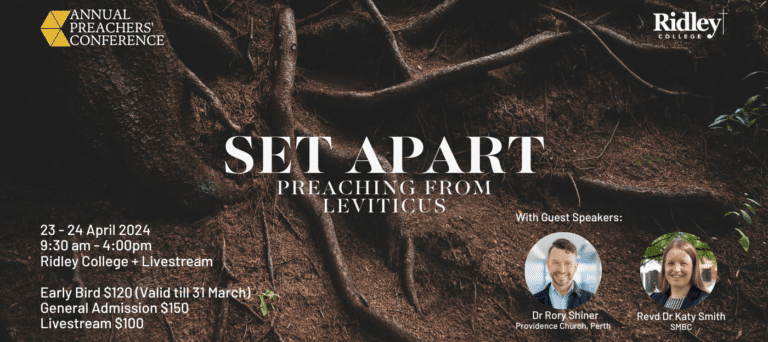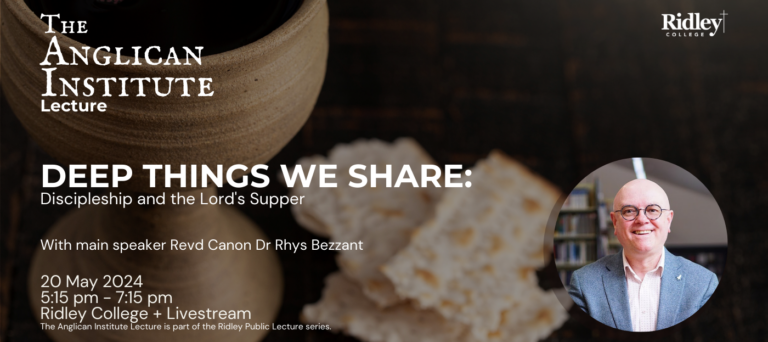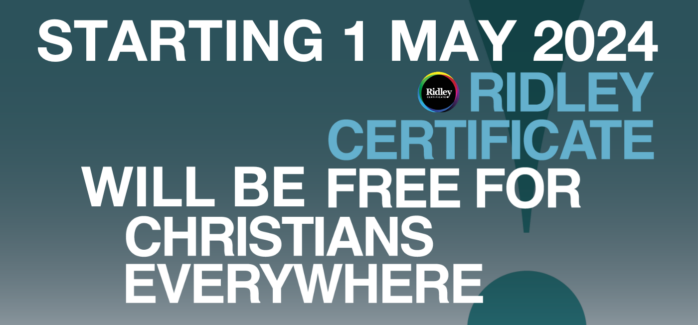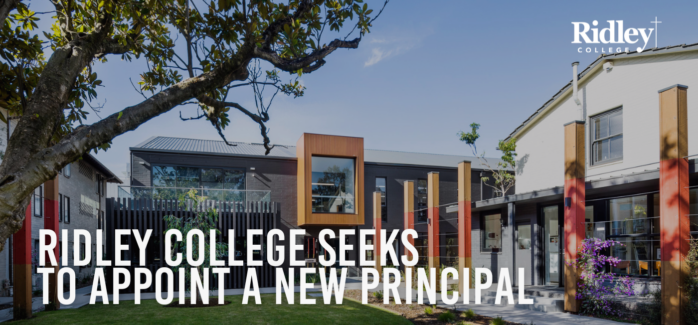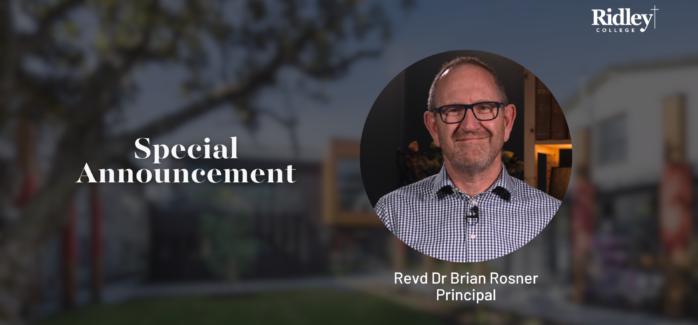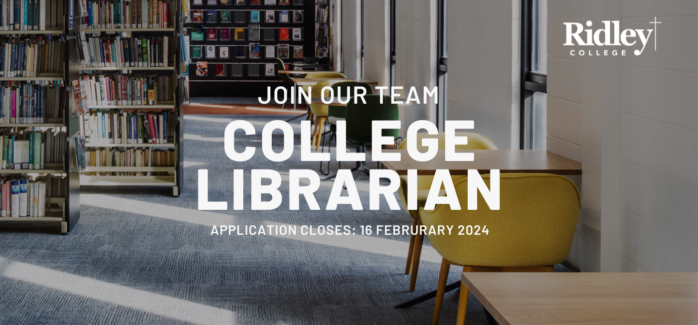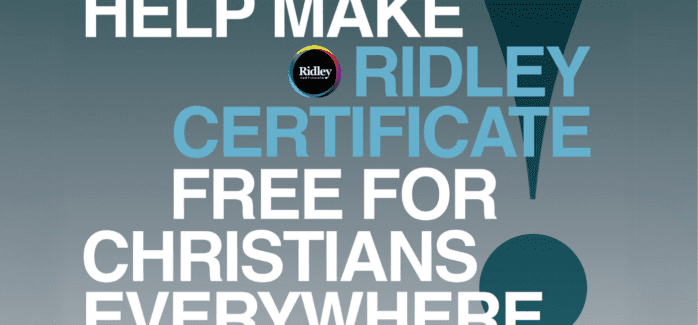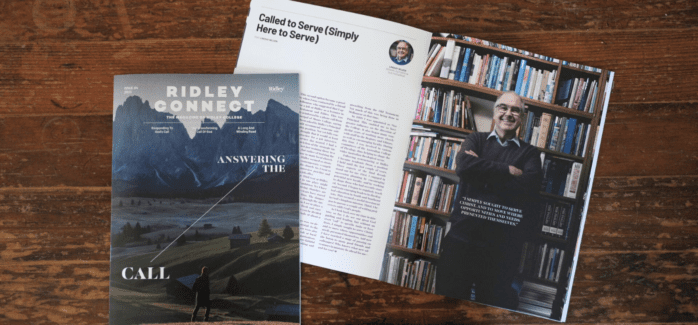- About us
-
-
-
Ridley College
World-Class Theological Education
-
-
-
- Courses
-
- Subjects
-
-
-
Ministry thought and practice guided by the Bible, based on sound theology.
-
-
-
- Formation
-
-
-
Ministry thought and practice guided by the Bible, based on sound theology.
-
-
-
- Study With Us
-
-
-
-
Our theological studies and ministry training will equip you for the future service of God in the church and in the world.
-
-
-
- Partner with us
-
-
-
-
Training men and women for God’s Mission in a rapidly changing and increasingly complex world.
-
-
-

